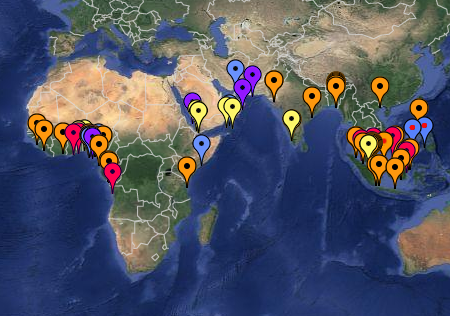Blog Action Day 2010: Water
What is Blog Action Day?
Blog Action Day is an annual event held every October 15 that unites the world’s bloggers in posting about the same issue on the same day with the aim of sparking a global discussion and driving collective action. This year’s topic is water. For facts, figures, and post ideas, Click here »

Blog Action Day 2010: Water
The Water Ghandi

Another board meeting. It’s getting to be a bit much, these days, but I guess it’s fashionable, and who am I to argue? Professionals we are!
And as such, we love to profess our success. No matter how bored the meeting is. “And then I went to T., you know, where that big agent is, you know, and, well I got the account. They are the dominant player in their region, and …” Blahblahblah. The guy is just boring.
So what? Volumes no profit make, I think. And it’s oh so sexy to proclaim the acquisition of new customers. Whether they really add more than just volume is another issue.
“And how many new customers did your division sign up this month?” I cringe. No new customers. We just decided to concentrate on the profitability of existing customers. I tire to explain. There’s no benefit in adding customers – who, in their respective markets, keep fighting over the same shrinking pie. Driving prices down. And for the cost of cultivating & acquiring a new agent, the time it takes for that to pay off, ahhhh…
Not sexy, I agree. But efficient? Oh yes. It is much easier to cultivate existing customers. To streamline my service, eliminate error sources, reduce turn-around times, increase accuracy, all this to: maximize profits. By hardly investing any expenses. Just a good measure of common sense, a little bit of innovation, and care and attention to detail.
The devil’s always in the detail.
I’d need a lot of new customers, then filter out the profitable, steady ones, to add some real margin down below. It seems reasonable to optimize with what I have, rather than keep on chasing more and more and more, never making the effort to improve performance in principle.
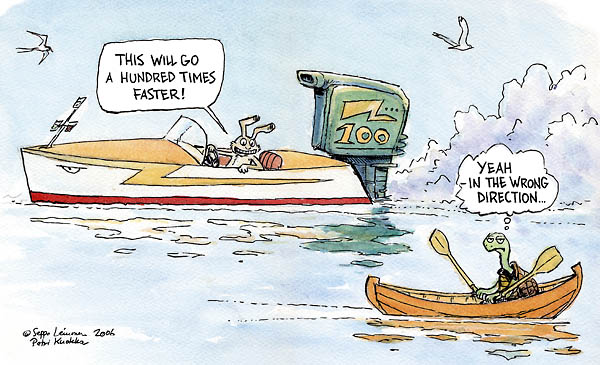 In the end, customers come and go, and few remain long-term. Unless… Chasing new ones in a shrinking market seems like chasing my tail – it’ll never end and won’t do anything but keep us busy.
In the end, customers come and go, and few remain long-term. Unless… Chasing new ones in a shrinking market seems like chasing my tail – it’ll never end and won’t do anything but keep us busy.
Maximize. Or, grow internally first, then externally. Because systems innovation, efficiencies, process can be replicated easier – and much, much cheaper – than new customers acquired.
Ohhlala, long… intro.
What for?
Not the tears I shed through too many of those extremely bored meetings. But the idea of efficiency versus growth. Management the world over grapples with it, some learn, some don’t, some did, many forget.
Because it’s man’s nature to seek more in times of need. It comes natural. We spent a few 100’s of 1000’s of years walking around looking for stuff. That’s why humans are everywhere on this planet. We just go.
The problem with that is by now, we are everywhere already. No point in going somewhere else, really – we’re already there. Well, not myself (not that schizo!), but someone human has been there for a long time before.
And we know, resources are running low… So what, we keep on going? In human terms, going where someone else is already, spells conflict. W-A-R.
Not cool, because we’ve done a lot of that, too. And that never ends, as we don’t want to admit, either.
What else? Mmmh?
Well, what about the one thing we hate most, because it’s so brand-new, we seem to be the only species doing it (we like to think) however, and yet, it’s rather counter-intuitive.
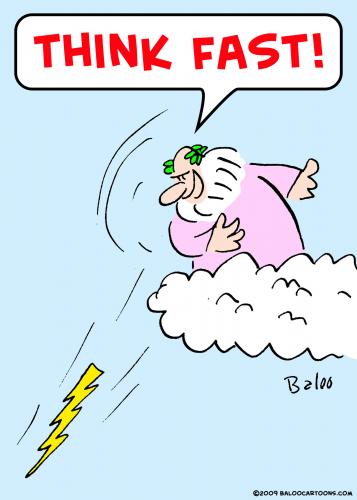 Think?
Think?
Yep, think.
Think about what we do, why we do it, and how we do it. Cross check our assumptions, make sure they’re still valid – or discard them. Find new ways to accomplish things. Question old things (Ouch, conflict again with established authority, vested interest, invested interest, amortization and write-off, election cycles and a lot of other things I don’t want to get bored with).
We never think about water. Ever. Turn here – hold glass. For pretty much anyone in the wealthy world water is a given. Which is a minority on earth, consuming the majority of available water (and all other resources).
Which makes me think – the biggest impact to improving the water situation is to be made where the biggest use occurs. By every single person. Being required to go against all good sense (which is the “get more” reflex) and think (the hardest of all human endeavours).
Once I started looking, I found so much on water management, affordable efficient technologies for home use, alternative packaging materials, and on and on and on.
Except, we don’t have a habit of thinking about it. We’re not compelled to. It’s more honorable to come back from a 3-week working holiday in Tanzania where I helped to drill a well for the poor villagers than spending a little money on a new low-flow shower head.
It’s definitely demanding to ponder how else I can water my lawn than hosing it with valuable, expensive drinking water straight from the tap.
And why should I?
First of all, we have water. The problem is not here – with me – the problem is in Africa, where they don’t have water, and don’t know what to do with it. We gotta help them.
Well, that’s very human. It’s them, not me.
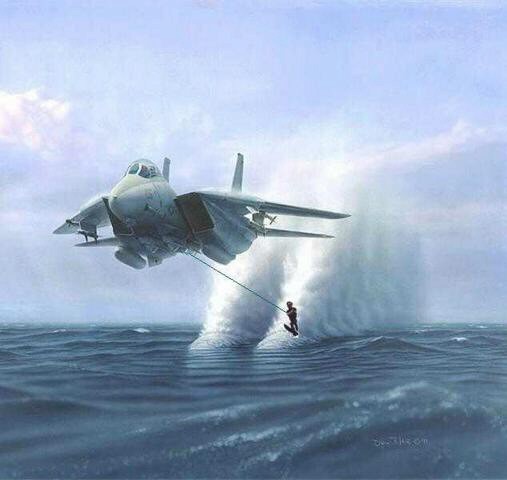
Reminds me of a similar issue – fuel. Until catalytic converters became mandatory & fuel prices increased, nobody wasted a second on efficiency.
Since, we have to comply, and need to save money, we save a lot on fuel. Drive less. Drive slower. Check tyres. Buy smaller cars. And so on.
Over time, forces compelled us to. Public discussion educated us. We educated ourselves, because having felt we can save some money – all of a sudden, our attitude just flopped from resistance to engagement.
Today, when I buy food in a supermarket, it indicates what the ingredients are, when it was manufactured and by when it must be used. This information is mandatory by law.
And me, watchful consumer, I can now make informed decisions.
Water usage in any human process work a little like VAT – every step of the way, something is added on. Except with water, we don’t know. It’s not indicated. So how could I know?
And why would I care if I don’t know? And nobody else knows? And nobody else cares?
I know the process starts at home (wow, they’ll burn me at the stake for this). Research has been made. Technologies are there. Information is there. Next step: Listen. Watch. Think. Learn. Do!
We need to be compelled, and simultaneously, empowered to act. Tax break for water filters? Solar water heating? Free quota for the installation of low-flow shower heads?
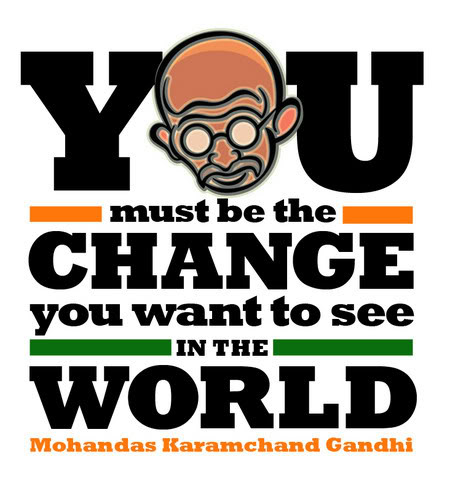
Or maybe a legislated phase-out of traditional waste-water mixing: all new buildings must include gray-water management. Why not against a municipal tax credit to compensate for increased construction cost.
It’s all possible, because it’s been done before, in other areas. But it requires that most unpopular, counter-intuitive, in-human act of all: thinking. About myself. Not only “them”.
On a societal level? To fundamentally create awareness and change behavior?
Do we need a Water-Ghandi? A Housekeeping-Mandela?
Or just some vitamins for the brain?
Like fruit and – fresh water.

